Keywords: Jesuit Refugee Service Australia
There are more than 24 results, only the first 24 are displayed here.
Become a subscriber for more search results.
-
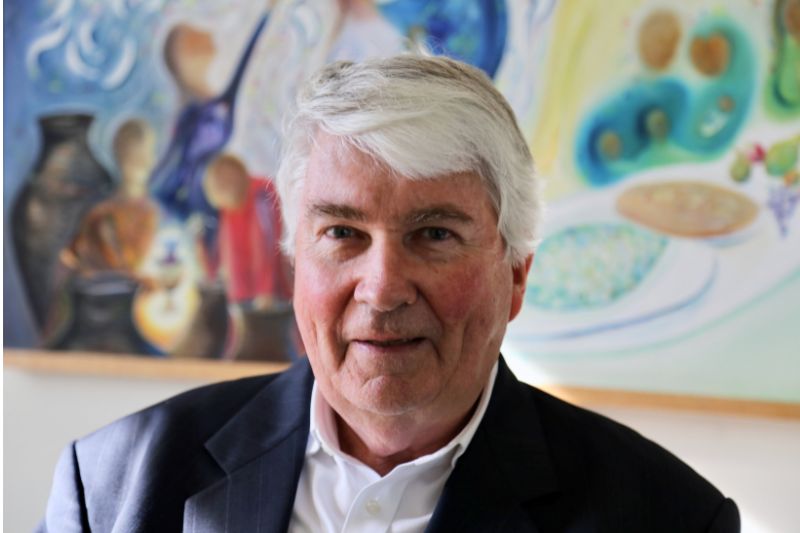
RELIGION
- Jim McDermott
- 13 March 2025
Frank Brennan wears his prominence lightly. A priest, lawyer, and tireless advocate for Indigenous rights and refugees, he is as at home in political corridors as he is at the dinner table, welcoming friends with stories and good cheer. Now, celebrating 50 years as a Jesuit, he reflects on faith, justice, and a life of service.
READ MORE
-

AUSTRALIA
- Andrew Hamilton
- 16 December 2024
At Christmas, the sacred and the secular seem locked together. Amid the tinsel and toasts, there’s a deeper narrative: one of radical generosity, shared humanity, and solidarity with the marginalised. This season invites not just celebration but reflection on who we are—and who we might become.
READ MORE
-

AUSTRALIA
- Andrew Hamilton
- 04 December 2024
Australia’s recent immigration detention laws reveal a stark shift in governance, prioritising power over human dignity. As families face indefinite separation and bureaucrats enforce policies with brutal efficiency, the High Court's rebuke offers a glimmer of ethical resistance. But can such laws truly claim legitimacy in a democratic society?
READ MORE
-
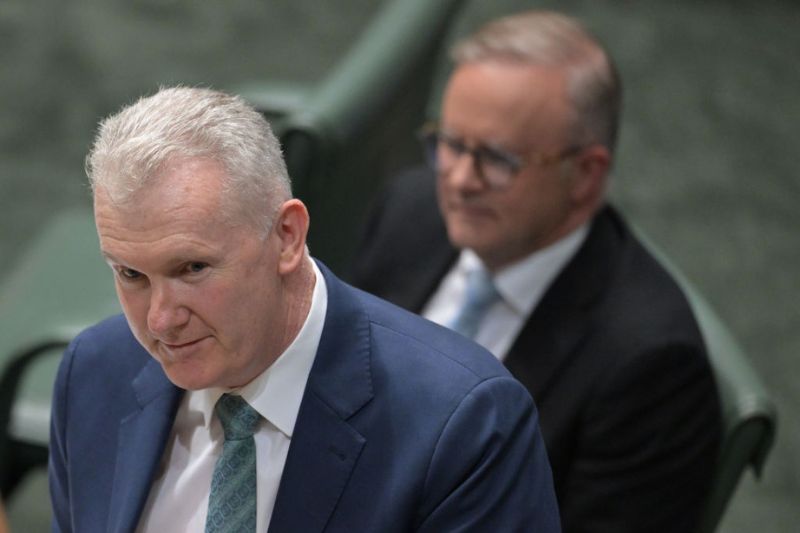
AUSTRALIA
- Frank Brennan
- 04 December 2024
1 Comment
When High Court rulings challenge government policy, they usually prompt reflection and refinement. But for the Federal Government, a recent decision on non-citizen rights has sparked a legislative overreach, mirroring the Opposition’s hardline stance.
READ MORE
-
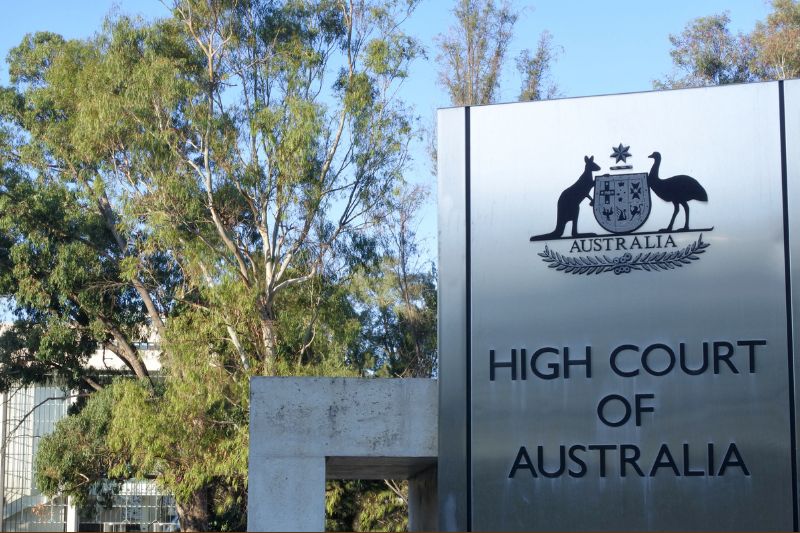
AUSTRALIA
- Frank Brennan
- 08 November 2024
7 Comments
Last week, Australia’s High Court blocked government restrictions on non-citizens with criminal records. As Parliament scrambles to impose new restrictions, Chief Justice Stephen Gageler’s court remains steadfast against policies deemed discriminatory and excessively punitive.
READ MORE
-
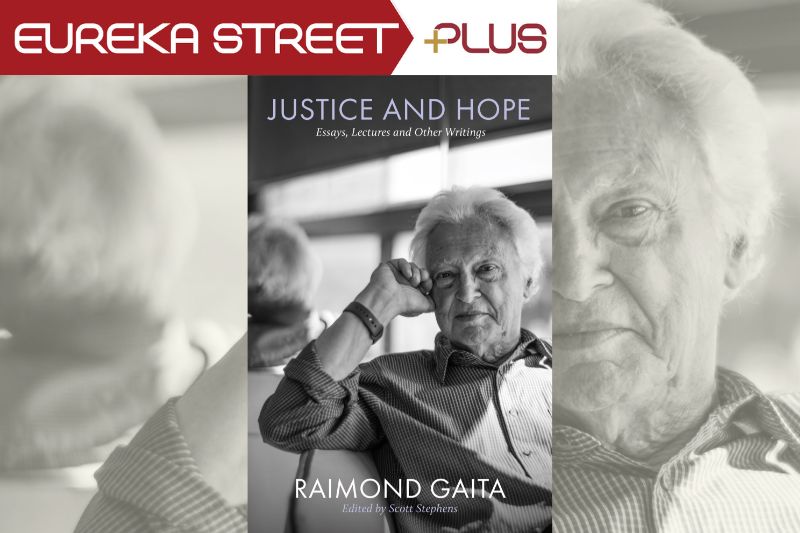
ARTS AND CULTURE
- Andrew Hamilton
- 07 June 2024
1 Comment
Raimond Gaita insists that there is something precious in each human being. He does not rest this conviction on a particular religious or philosophical grounding. It flows, rather, from a rich reading of human possibilities and questioning of the meaning of life.
READ MORE 
-

AUSTRALIA
- Frank Brennan
- 13 May 2024
2 Comments
The Albanese government’s refugee and asylum policy is in a mess. When Minister Giles introduced his Migration Amendment Bill, they bypassed typical parliamentary procedures, wanting to be seen as tougher than Peter Dutton in getting unvisaed non-citizens out of the country. It’s time for the government to return to due process in this whole field.
READ MORE
-
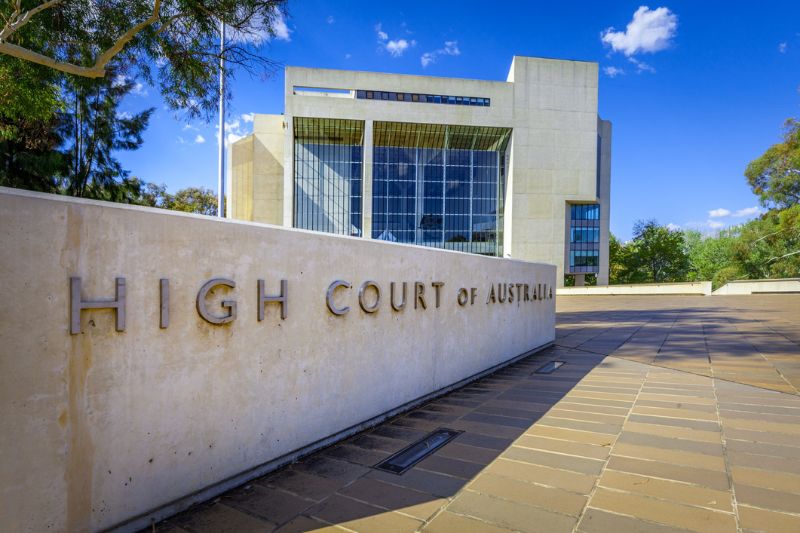
AUSTRALIA
- Frank Brennan
- 04 December 2023
8 Comments
Last month, the High Court overturned a controversial 2004 decision, reaffirming the principle that asylum seekers cannot be detained indefinitely without prospects of deportation. This ruling not only corrects a historical misstep but also reasserts the High Court's commitment to limiting executive overreach.
READ MORE
-
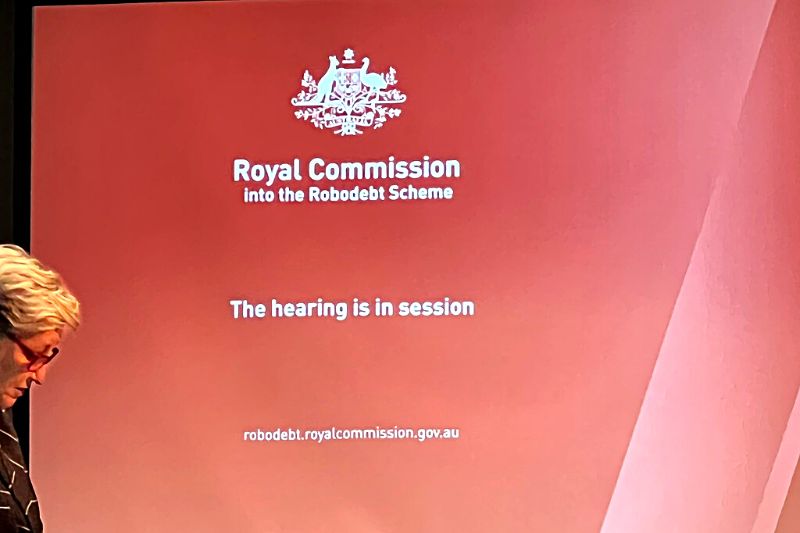
AUSTRALIA
- Andrew Hamilton
- 23 February 2023
8 Comments
The Robodebt Scheme's Royal Commission revealed ethical insensitivity and a disregard for the rule of law by administrators. Suicides of vulnerable people were ignored in the quest for revenue, which may indicate a more extensive corruption of government and administration.
READ MORE
-
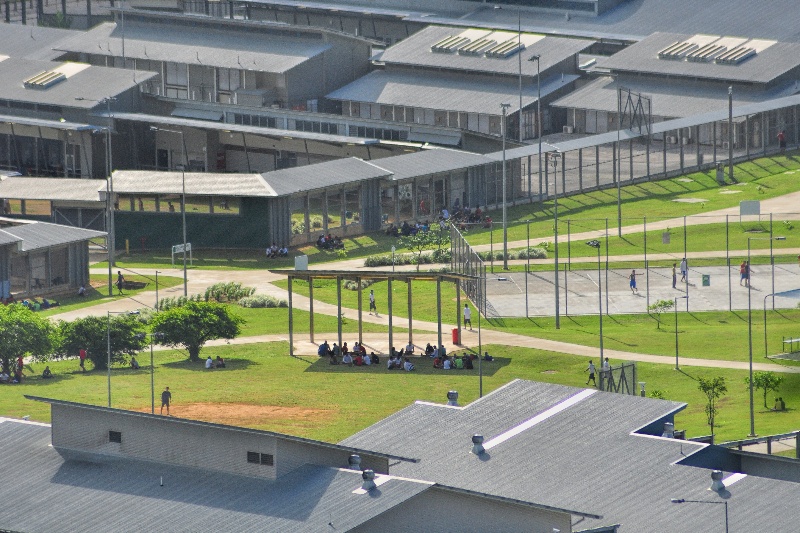
AUSTRALIA
- Maeve Elrington
- 02 August 2022
3 Comments
Former detainee, Kurdish-Iranian refugee Mostafa ‘Moz’ Azimitabar, seeks compensation from the Federal Government for what he alleges was unlawful detention. Detained offshore in Papua New Guinea (PNG) and in Australia for almost eight years, Moz is seeking compensation in the Federal Court of Australia for the physical and emotional toll of his detention, particularly from the final 14 months of detention in two Melbourne based hotels.
READ MORE 
-
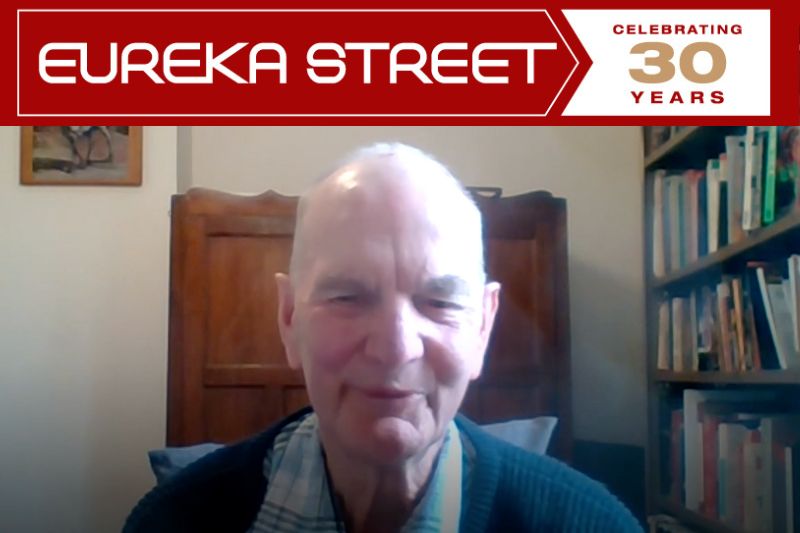
MEDIA
- David Halliday
- 29 June 2022
1 Comment
As part of the 30th anniversary of Eureka Street, we're running conversations with the team who first started the publication in 1991, alongside various people who have played a part in the Eureka Street story. In this video, Eureka Street editor David Halliday speaks with Eureka Street consulting editor Andrew Hamilton SJ.
READ MORE
-

RELIGION
- Geraldine Doogue, Greg Craven, John Warhurst, Julian Butler
- 17 June 2022
3 Comments
After four years, the Fifth Plenary Council of Australia is nearly at a close with the second and final assembly in July. So what has been the significance of the Plenary Council so far, and what can we expect from the final session? In this Roundtable, Geraldine Doogue, John Warhurst, Greg Craven and Julian Butler reveal their hopes and expectations for the process and discuss likely outcomes.
READ MORE 